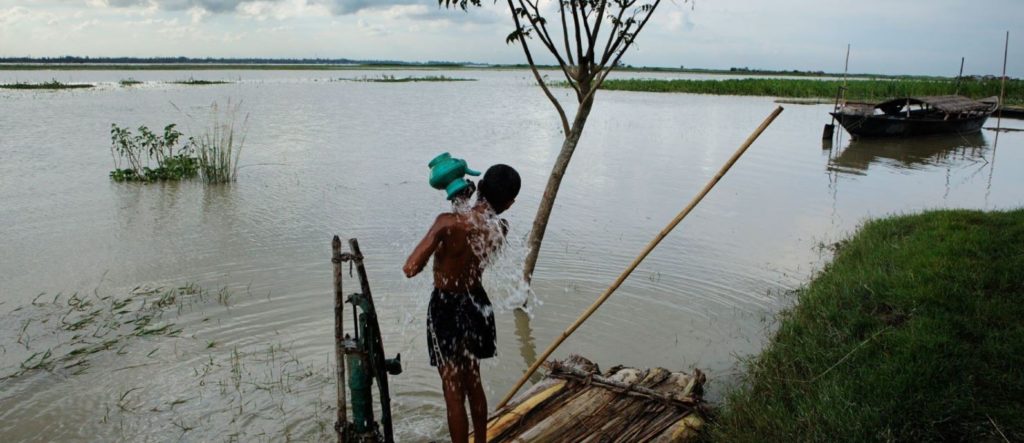
First global look finds most rivers awash with antibiotics
Each year, humans produce, prescribe, and ingest more antibiotics than they did the year before. Those drugs have done wonders for public health, saving millions from infections that might otherwise have killed them.
But the drugs’ influence persists in the environment long after they’ve done their duty in human bodies. They leach into the outside world, where their presence can spur the development of “antibiotic resistant” strains of bacteria. In a new study that surveyed 72 rivers around the world, researchers found antibiotics in the waters of nearly two-thirds of all the sites they sampled, from the Thames to the Mekong to the Tigris.
That’s a big deal, says Alistair Boxoll, the study’s co-lead scientist and an environmental chemist at the University of York, in the U.K. “These are biologically active molecules, and we as a society are excreting tons of them into the environment,” he says.
That leads to the potential for huge effects on the ecology of the rivers—as well as on human health.
Resistance is growing
Antibiotics prevent harmful infections, saving millions of lives each year. But the populations of the bacteria they fight against can evolve in response, morphing and changing in ways that let them evade death by the drugs designed to kill them. That means an infection by one of these “resistant” bacteria strains is harder, and sometimes impossible, to treat. The U.K. Chief Medical Officer, Professor Dame Sally Davies, says the problem is getting worse each year, and poses a “catastrophic threat” to doctors’ ability to treat basic infections in the future.
A 2016 report found that each year around 700,000 people worldwide die of infections that are resistant to the antibiotics we have today. Scientists, medical experts, and public health officials worry that number could skyrocket as resistance to commonly used medicines increases. In 2014, a U.K.-commissioned study warned that by 2050, antimicrobial-resistant infections could be the leading cause of death worldwide.
